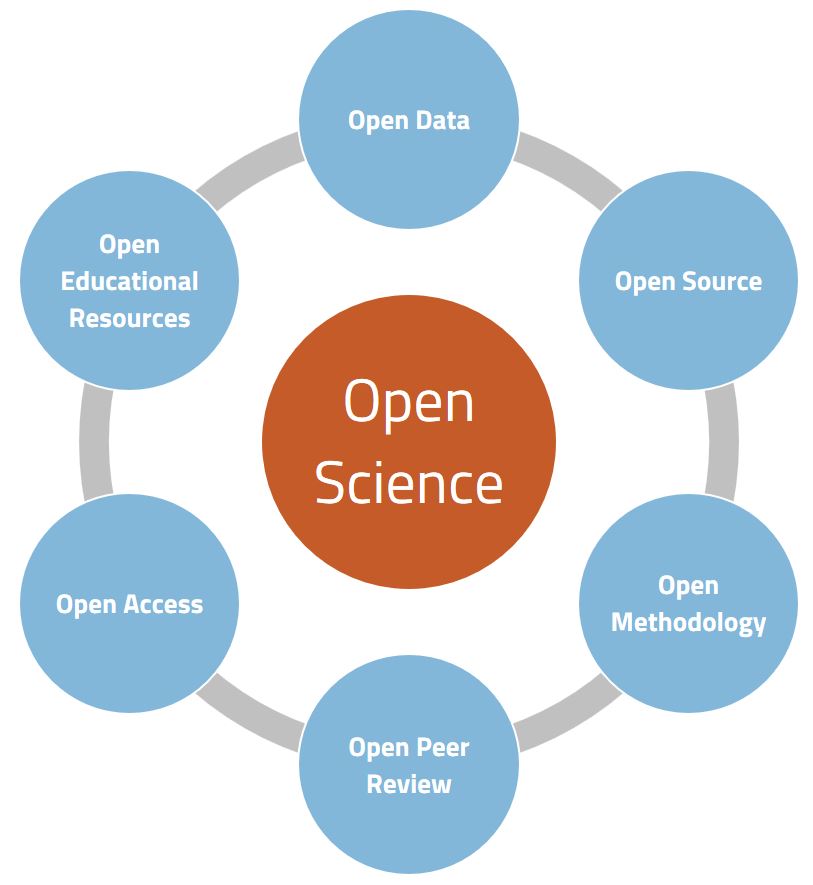
Embracing Progressiveness in Open Science: Catalyzing Innovation and Collaboration
Embracing Progressiveness in Open Science: Catalyzing Innovation and Collaboration https://opusproject.eu/wp-content/uploads/2023/05/Open-Science-scheme-bold.jpg 813 885 Open and Universal Science (OPUS) Project Open and Universal Science (OPUS) Project https://opusproject.eu/wp-content/uploads/2023/05/Open-Science-scheme-bold.jpgIntroduction
Open science has emerged as a powerful paradigm shift, transforming the traditional landscape of scientific research and knowledge dissemination. By promoting transparency, accessibility, and collaboration, open science has the potential to drive scientific progress at an unprecedented pace. Within this realm, the concept of progressiveness is a driving force, aiming to foster inclusivity, diversity, and equity in scientific endeavors. In this article, we will explore the significance of progressiveness in open science and the positive impact it has on research, innovation, and society as a whole.
- Enhancing Accessibility and Knowledge Dissemination
One of the core principles of open science is making scientific knowledge accessible to all, regardless of their institutional affiliations, geographic locations, or socioeconomic backgrounds. Progressiveness in open science takes this principle further by addressing the barriers that prevent equal access to knowledge. By utilizing open access publishing, preprint servers, and data sharing platforms, researchers can ensure their work reaches a broader audience, including those in resource-limited regions.
Moreover, progressiveness in open science recognizes the importance of multilingualism and cultural diversity in knowledge exchange. Efforts are being made to translate scientific literature into various languages, making research more accessible to non-English-speaking communities. This inclusivity facilitates global collaboration, encouraging diverse perspectives and accelerating scientific progress.
- Fostering Collaboration and Interdisciplinary Research
Open science provides a fertile ground for collaboration among researchers, institutions, and even citizen scientists. Progressiveness in open science recognizes the significance of interdisciplinary collaboration in tackling complex scientific challenges. By breaking down disciplinary boundaries and encouraging knowledge exchange across fields, open science enables the formation of diverse research teams, facilitating the development of innovative solutions.
Progressiveness in open science also encourages citizen science initiatives, involving non-professionals in scientific research. By engaging the public in data collection, analysis, and interpretation, open science empowers communities and promotes scientific literacy. Such collaborations foster a sense of ownership and inclusivity, leading to more relevant and impactful research outcomes.
- Promoting Reproducibility and Rigor
Reproducibility is a cornerstone of scientific research, ensuring the reliability and credibility of scientific findings. Progressiveness in open science emphasizes the importance of transparent and reproducible research practices. Open access to research data, methodologies, and analysis codes enables others to reproduce and validate scientific results, promoting the advancement of knowledge.
Furthermore, progressiveness in open science advocates for inclusive and unbiased research practices. It calls for diversity in research teams, both in terms of gender and cultural representation, to mitigate biases and enhance the robustness of scientific investigations. By embracing inclusivity and promoting rigorous research standards, open science paves the way for more reliable and impactful scientific discoveries.
- Ethical Considerations and Responsible Conduct
Progressiveness in open science recognizes the ethical implications and responsibilities that come with open and transparent research practices. It calls for the development of ethical frameworks to protect sensitive data, privacy, and intellectual property rights while still fostering openness. Striking a balance between openness and responsible conduct is crucial to maintain public trust and ensure ethical integrity in scientific research.
Additionally, progressiveness in open science acknowledges the importance of equitable recognition and attribution in collaborative research. It calls for fair and transparent acknowledgment of contributors, regardless of their institutional affiliations or hierarchical positions. Such practices encourage a culture of collaboration and eliminate biases, ensuring a more inclusive and supportive scientific community.
Conclusion
Embracing progressiveness in open science revolutionizes the way research is conducted, disseminated, and utilized for the betterment of society. By enhancing accessibility, fostering collaboration, promoting reproducibility, and upholding ethical standards, progressiveness in open science catalyzes innovation and drives scientific progress at an accelerated pace.
Illustration: Hebels, Dennie
- Posted In:
- Open Science News




